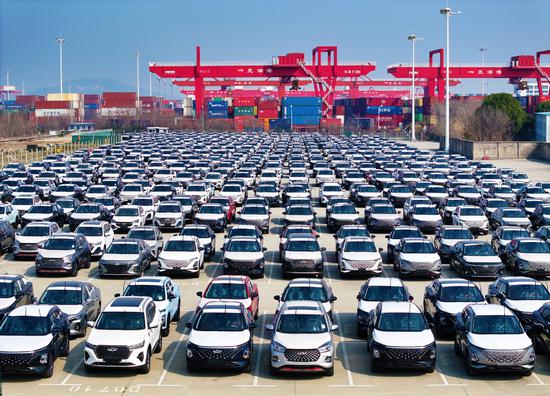
Hundreds of vehicles manufactured by Chery line up at a port of Wuhu, Anhui province, on March 10, awaiting export. (WANG YUSHI/FOR CHINA DAILY)
China and Europe should enhance cooperation and leverage their comparative advantages and unique strengths in areas such as electric vehicles to develop third-party markets, which could help broaden business opportunities and address the ongoing EV trade disputes between the two sides, experts said.
While much attention has been placed on friction over EVs, closer collaboration, healthier competition and stronger ties could drive progress and produce win-win results, said Sun Yongfu, former head of the department of European affairs at the Ministry of Commerce.
Sun made the comments at the sixth CCG VIP Luncheon, a high-level forum held by the Center for China and Globalization (CCG), a Beijing-based think tank, on Nov 5.During the forum, Chinese and European representatives gathered to discuss green trade collaboration, focusing on China-EU cooperation.
Sun said that currently, too much attention is placed on confrontation, with insufficient emphasis on competition and collaboration. "I am looking forward to seeing this shift, paving the way for a stronger and brighter future for China-EU relations," Sun added.
Pascal Lamy, former director-general of the World Trade Organization, emphasized that the core of the discussion lies in looking to the future and exploring more collaborative approaches.
"The goal is to determine if the European Union and China can achieve a win-win outcome in the electric vehicle sector, rather than a zero-sum scenario," Lamy said.
The comments also came as technical teams from China and the EU have conducted five rounds of consultations regarding the price commitment proposal in the EU's anti-subsidy case on China-made EVs, the Ministry of Commerce said on Friday.
These consultations were held in Beijing from Nov 2 to 7 and some progress was achieved. Both sides agreed to continue consultations via video or other means, said a ministry spokesperson in an online statement.
The EU announced last month the imposition of additional tariffs of up to 35.3 percent on Chinese-made battery EVs, with the tariffs to remain in place for the next five years.
Tu Xinquan, professor and dean of the China institute for WTO studies at the University of International Business and Economics and a CCG nonresident senior fellow, said collaboration between China and the EU for sustainable development is a global imperative.
"The EU and China have complementary strengths in developing and expanding third-party markets. By jointly exploring broader markets, they can alleviate some of the pressure from direct competition," Tu said.
Tu added that the EU has longstanding ties in regions such as Africa, Latin America and Central Asia, while China holds unique advantages in resources and cooperation.
"Together, they are well-positioned to make strides in these emerging markets."
China and EU cooperation can also help advance carbon reduction goals and strengthen China-EU relations for sustainable development amid pressing environmental challenges, experts said.
"The green transition is a global issue, impacting China and all other nations. It requires the collective effort of WTO members. In my view, the green transition should be a 'race to the top' rather than a 'race to the bottom.' Therefore, China-Europe cooperation is essential," said Zhou Yunlei, an official of the department of WTO affairs at the Ministry of Commerce.








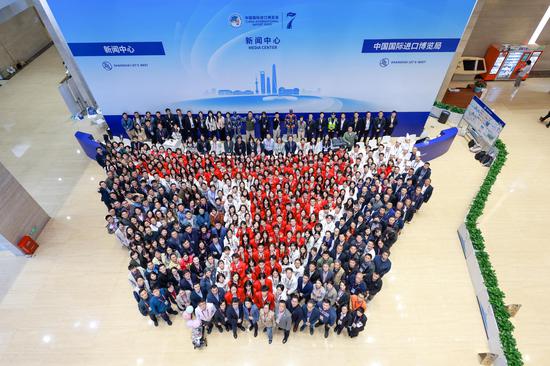
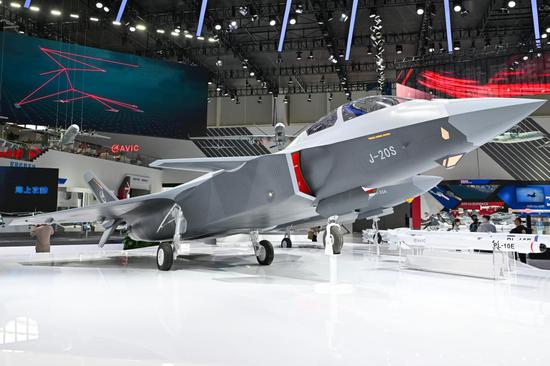

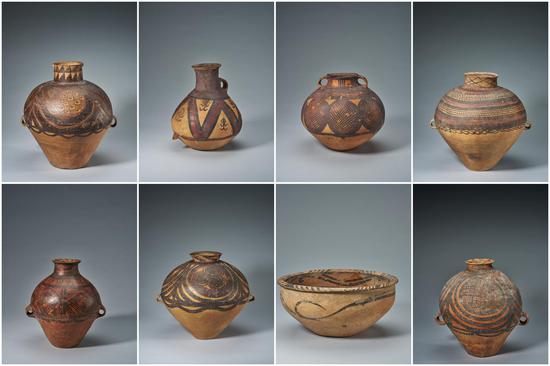
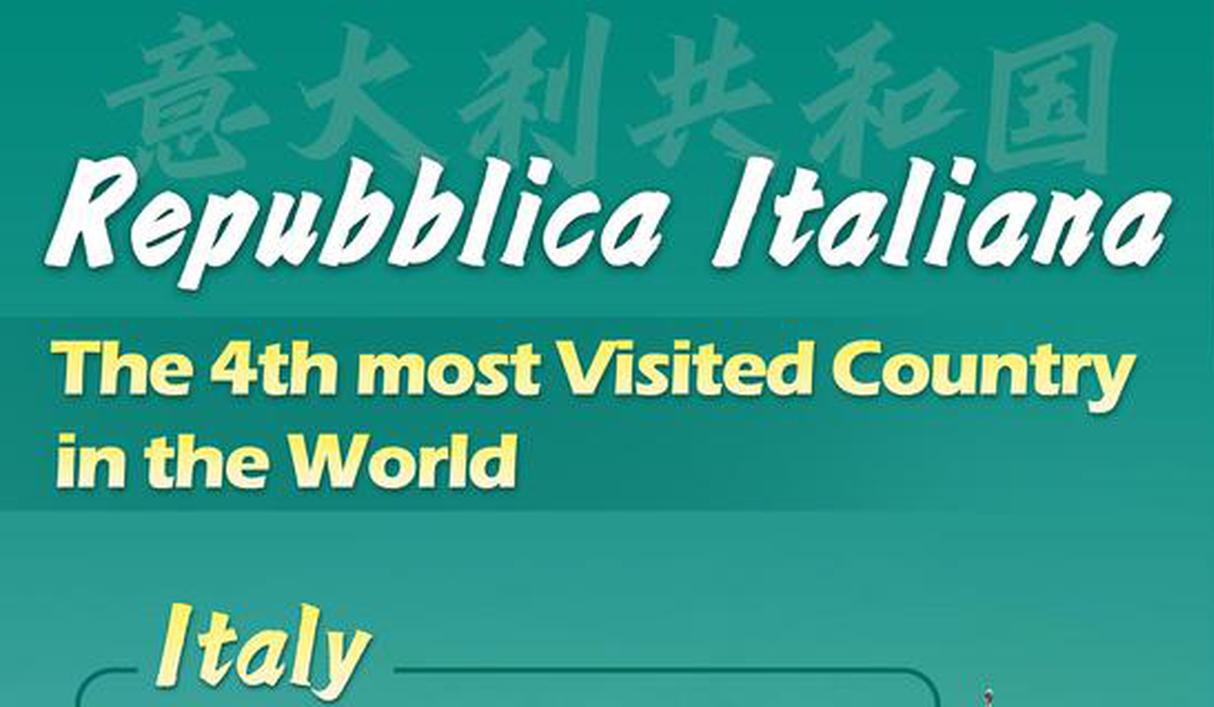




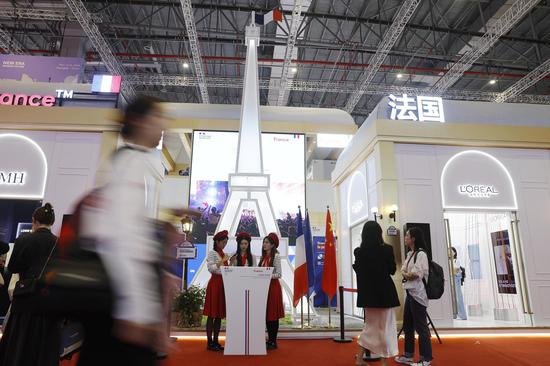



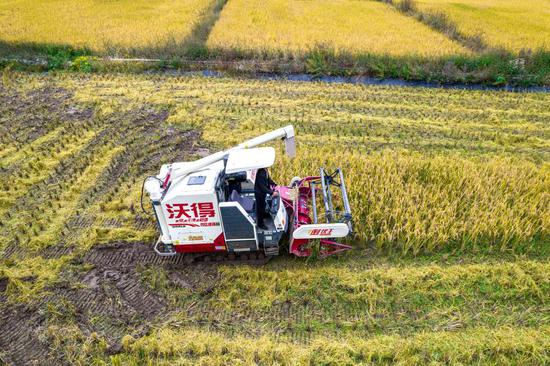



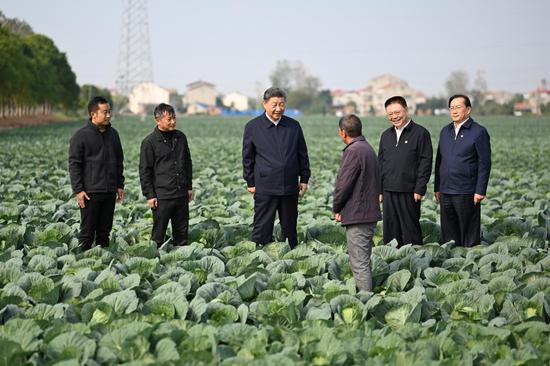
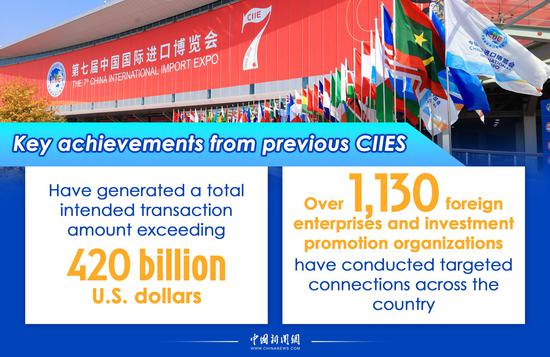
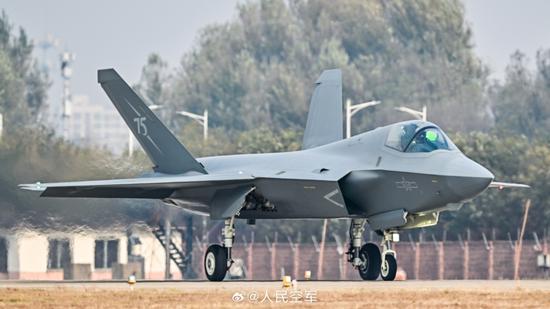







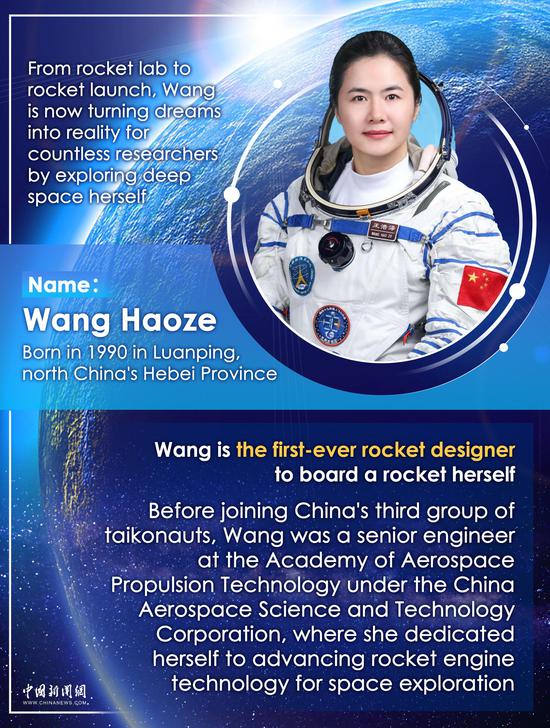

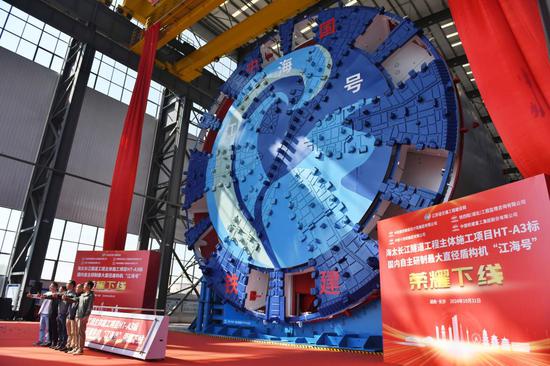




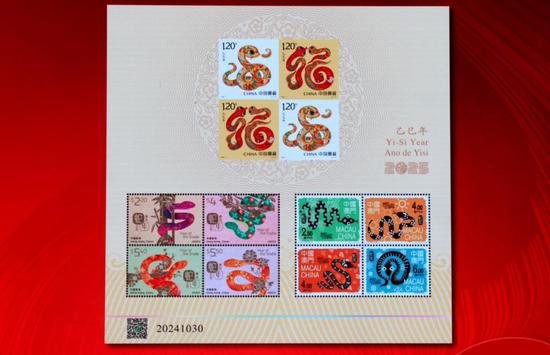



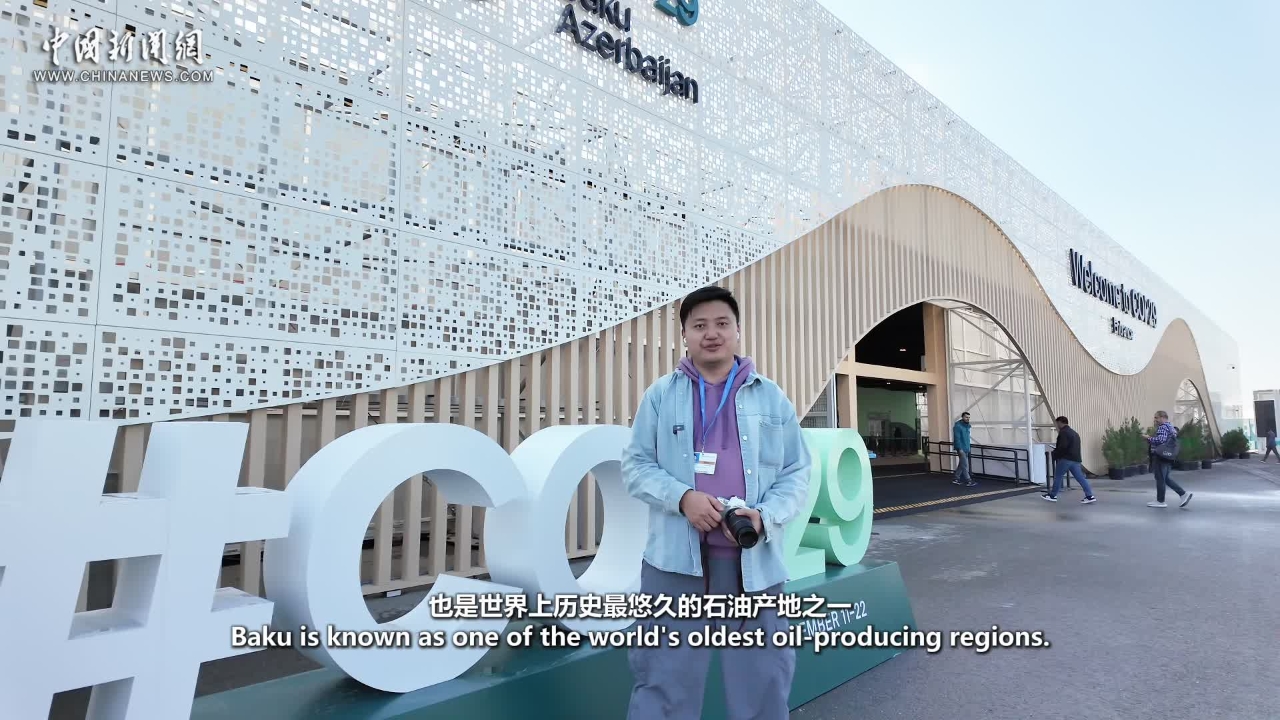



 京公网安备 11010202009201号
京公网安备 11010202009201号